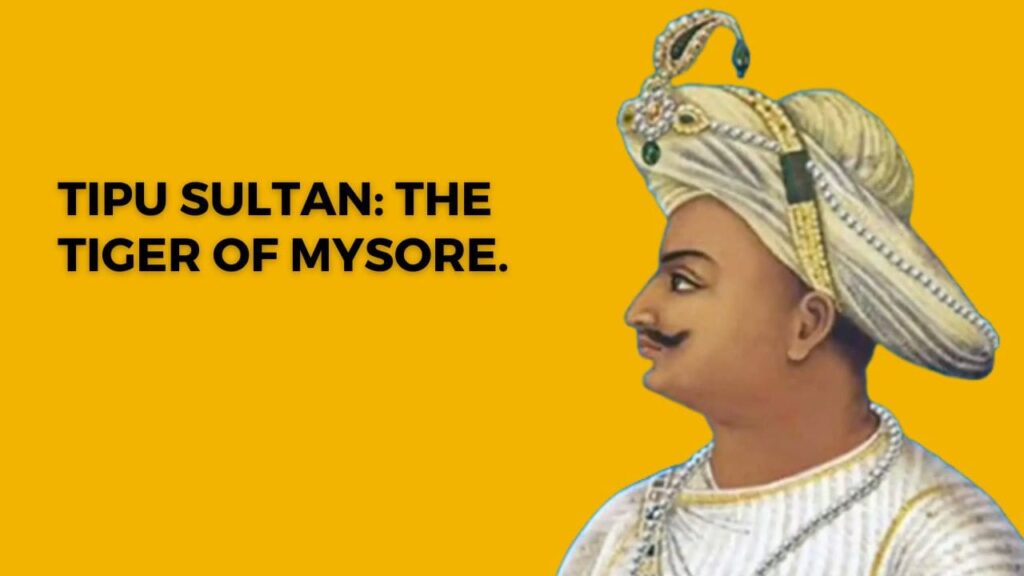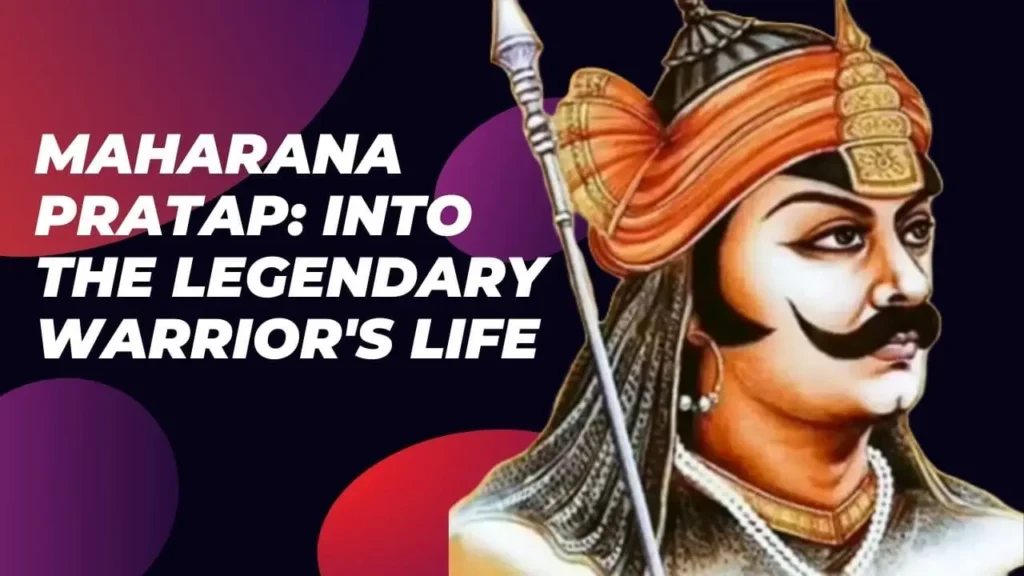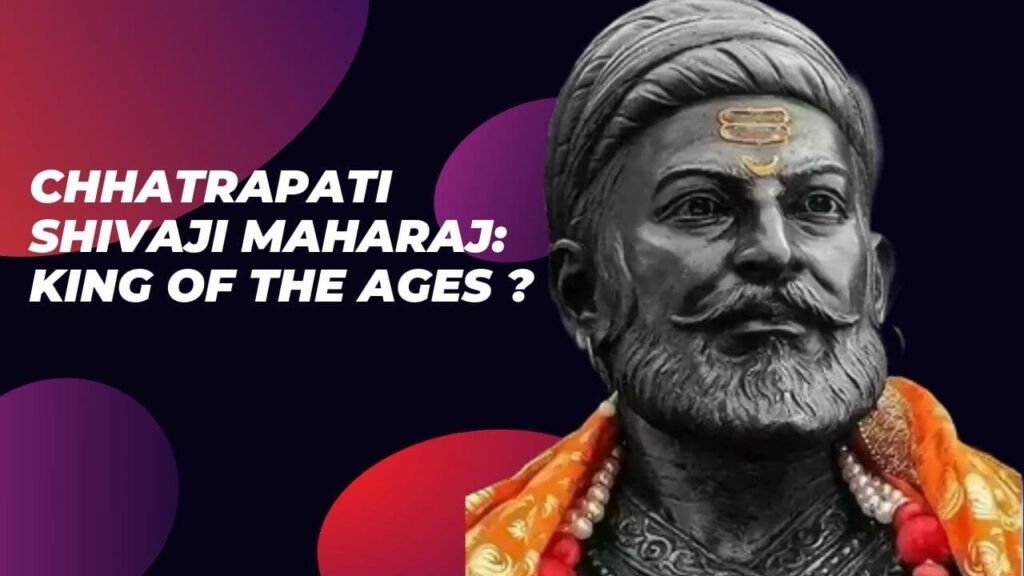Introduction About Tipu Sultan:
Let us step into the intriguing world of Tipu Sultan. Colonial powers in India knew him for his spirit and courage as he ruled the Kingdom of Mysore. This blog post tries to explore his life, legacy, and fascinating facts surrounding Tipu Sultan. We shall also shed light on the historical importance of his reign.

Description:
Tipu Sultan was born in 1751 and was the eldest son of Sultan Hyder Ali. His rule was marked by military prowess and visionary leadership. This earned him the title “Tiger of Mysore.” His resistance against British expansion in India remains an important chapter in Indian history books.
FAQs About Tipu Sultan:
When and where was he born?
He was born on November 20th, 1751, in Devanahalli. It is a town in present-day Karnataka, India.
What was his early life like?
He was the eldest son of Sultan Hyder Ali and grew up in a military environment. He received early exposure to the art of warfare.
What was his education like?
He received a comprehensive education from accomplished tutors. While studying, he excelled in languages, Islamic education, military strategy, and administration.
Who were his parents?
His father was Sultan Hyder Ali who was the ruler of the Kingdom of Mysore. His mother was Fatima Fakhr-un-Nisa.
Did he have siblings?
He had many siblings, including brothers named Abdul Karim and Sultan Abdul Kalam Azad.
Did he get married?
He had multiple wives. Among them were Khadija Zaman Begum, Sindh Sahiba and Ruqayya Banu.
Did he have children?
He had several children which included his sons named Sultan Fateh Ali Sahab Tipu and Sultan Waseem Ahmed Mirza.
At what age did he become the ruler of Mysore?
He became ruler of the Kingdom of Mysore at the age of 28. This happened after the death of his father, Sultan Hyder Ali, in 1782.
What were his interests besides ruling?
He had a keen interest in technology and its application. He introduced advancements in military technology which included the use of rockets.
Tipu Sultan – Wars, Sultan’s Palace, Famous Sword, Hold Over His Kingdom.
In which wars did he actively participate and emerge victorious?
He fought in the four Anglo-Mysore Wars against the British East India Company. At times, his army also fought the allied forces. While he faced many challenges, he also achieved major victories.
Tell me more about Tipu Sultan’s palace.
His palace is known as the Lal Mahal or Red Fort. It was his royal residence in Srirangapatna. The palace is a symbol of his architectural genius. It blends Indo-Islamic and Persian styles.
What is the significance of his famous sword?
His sword was known as the “Sultan’s sword”, It is a symbol of his resistance against British forces. The sword is currently housed in a Museum in London.
How did he contribute to the fight against colonial rulers?
He completely opposed British expansion in India. The Kingdom of Mysore under his leadership fought against them in a series of wars. His role earned him the title “Tiger of Mysore.”
How big was his kingdom at its peak?
At its peak, the Kingdom of Mysore included a significant portion of present-day Karnataka some parts of Tamil Nadu and Kerala.
How did he interact with the people of his kingdom?
He was known for his just and strategic rule. He implemented several economic reforms and supported trade and agriculture. This helped improve the lives of his subjects.
Philanthropy, Inclination Towards Technology, Navy And Relationship With The British.
What philanthropic work was he involved in?
Tipu Sultan initiated economic reforms and worked for the welfare of his people. He promoted trade, improved infrastructure and encouraged cultural development.
Did he have any notable achievements in the field of science and technology?
He showed a keen interest in technology and is credited with introducing the use of Mysorean rockets in conventional warfare.
How did he manage religious diversity in his kingdom?
He ensured the protection of religious minorities and their places of worship in his kingdom. Introducing the land revenue system and giving boost to the Mysore Silk industry are some of the achievements of his rule.
What was the extent of his naval capabilities?
He constantly expanded his naval capabilities. The Kingdom had a fleet equipped with advanced technology and his navy played a crucial role in armed conflicts with the British.
Did he face any opposition from within his kingdom?
He faced internal opposition, primarily from the Marathas and Nizam of Hyderabad however he effectively managed these difficult challenges to maintain the sovereignty of his kingdom.
How did his relationship with the British East India Company evolve over time?
His relationship with the British East India Company was fraught by conflict and negotiation. This included both alliances and hostilities occurring during his reign.
What was the role of his family in the governance of Mysore?
He involved several of his family members in various administrative roles. Some of his brothers and sons held positions of great responsibility in the governance of Mysore.
Did Tipu Sultan engage in diplomatic relations with other rulers in India?
He engaged in diplomatic relations with various rulers in India forming alliances when necessary. The kingdom maintained a practical approach to regional politics.
Economic Reforms, Military Alliances, Development Of Infrastructure And Passing Away.
How did he view the British presence in India?
He viewed the British as a threat to the sovereignty of his kingdom and its subjects. His opposition to British expansion led to his active involvement in many battles against them.
What economic reforms did Tipu Sultan introduce in Mysore?
His governance policies focused on trade, agriculture, and infrastructure development.
How did he contribute to the development of infrastructure in Mysore?
As the ruler, he played a major role in the development of infrastructure. This included roads, bridges and irrigation systems, contributing to the progress of his kingdom.
Did he have a strategic military alliance with any foreign powers?
He sought alliances with foreign powers which included the Ottoman Empire and France. These efforts were to counter the British East India Company’s influence in the Indian sub-continent.
What steps did he take to ensure the welfare of farmers in his kingdom?
Tipu Sultan implemented agrarian reforms to support farmers. Under his rule, the kingdom introduced measures to improve irrigation and agricultural practices.
How did he contribute to the development of educational institutions in Mysore?
He supported the development of educational and religious institutions. By doing so, he promoted learning and knowledge within his kingdom.
How did he manage the diversity of languages spoken in his kingdom?
He respected the linguistic diversity of his kingdom. He supported the use of multiple languages such as Kannada and Persian in fulfilling administrative duties.
What impact did Tipu Sultan’s death have on the trajectory of Mysore’s history?
Tipu Sultan died on May 4th, 1799 trying to defend his fort in Srirangpatna. This event marked a significant turning point in Mysore’s history. It led to changes in governance and ultimately the establishment of British rule in the region.
Conclusion:
Tipu Sultan’s legacy is that of armed resistance and courage against the western invaders of India. His contributions to military strategy, technological innovation, and economic reforms improved the quality of life for his subjects. As we read through this blog, we understand more about his leadership and get a better perspective on how various kingdoms from the Indian sub-continent showed great spirit of defiance against the British rulers. Dear friends, you may read some of our other articles from the “Home” page on our website. Our articles are available in more than 20 different languages.


